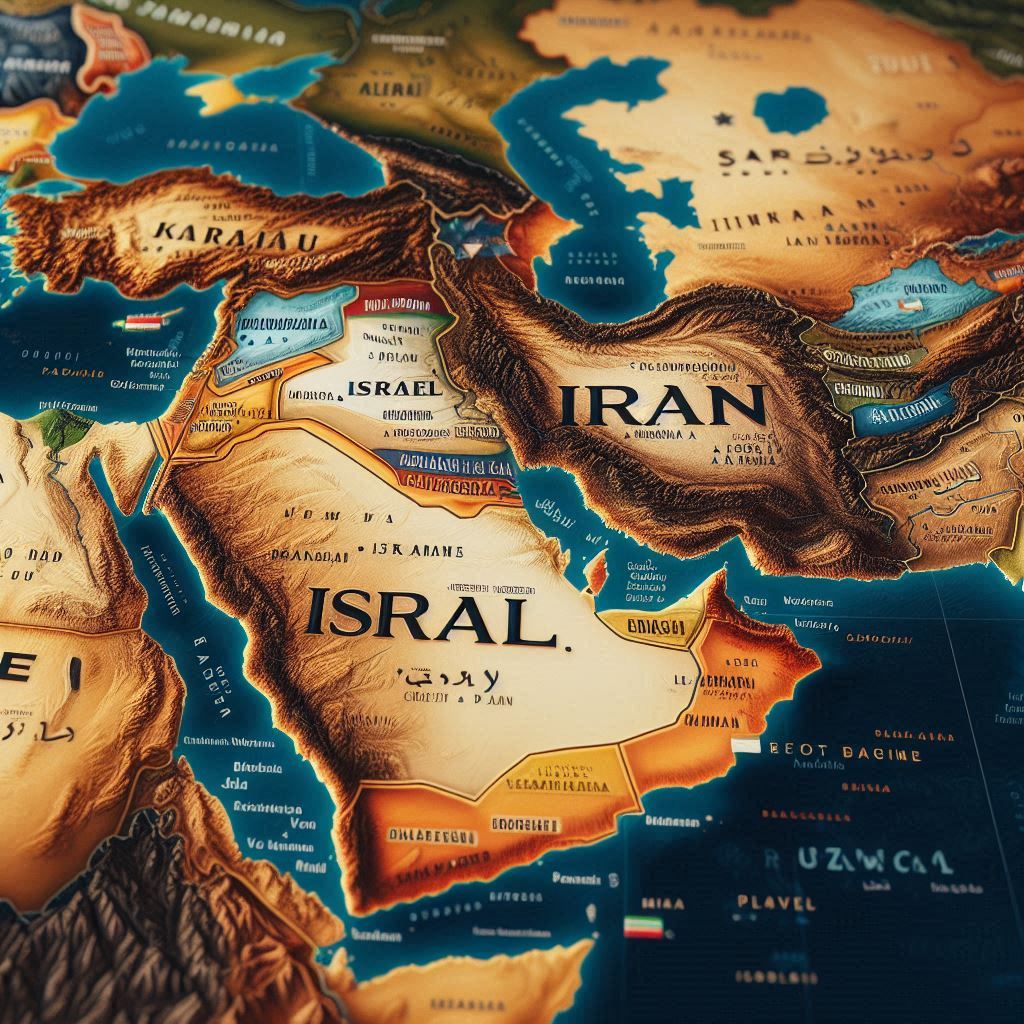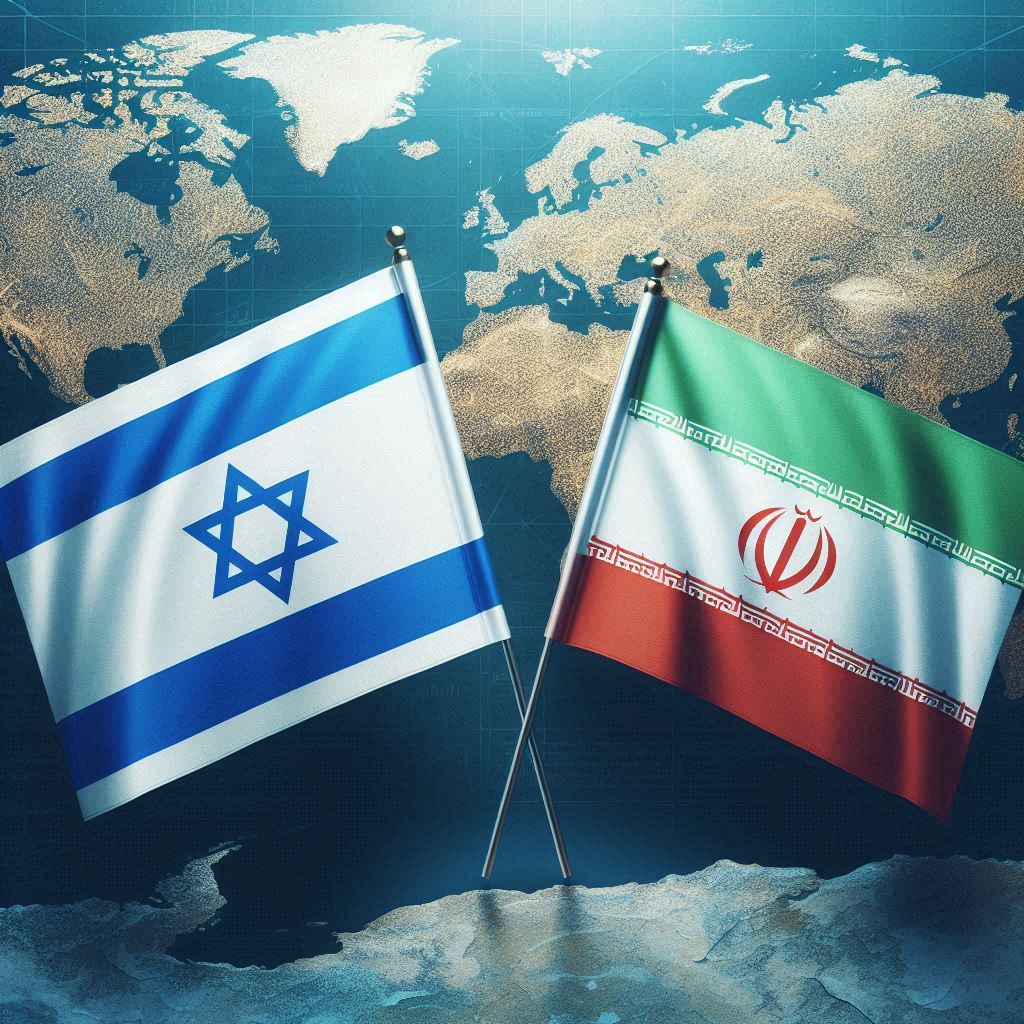
The Middle East has long been a hotbed of global tensions, with complex relations defining the stability of the region. Recently, the focus has once again been on Israel attacks Iran, a conflict that has wide implications for international relations, security, and regional dynamics. This article will explore the key details and potential future scenarios that result from the growing tensions between these countries.
Table of Contents
History of tensions between Israel and Iran
The conflict between Israel and Iran is rooted in decades of ideological, religious, and political differences. Israel’s existence as a Jewish state among predominantly Islamic countries has historically sparked antagonism. Meanwhile, Iran’s anti-Israel stance has been supported by its alliances and proxy groups across the Middle East. The two countries have rarely engaged in open warfare; instead, they have been engaging in covert operations, cyber attacks, and proxy wars.
The recent Israel attacks Iran are the culmination of these long-standing tensions, which have been further exacerbated by Iran’s nuclear aspirations, which Israel sees as a direct threat to its national security.
What was the reason behind the recent attacks?
There are several factors behind the recent attacks. Israel has consistently expressed concern over Iran’s nuclear program, which it fears could soon reach a critical stage. In turn, Iran has expanded its influence in the region through alliances in Syria, Iraq, Lebanon, and Yemen. These alliances represent a growing network of threats to Israel, which it seeks to neutralize through military actions and covert operations.
Israel’s strategy is often deterrence, attempting to disrupt any potential nuclear capability Iran may develop. Israel attacks Iran are often justified by Israeli officials as measures to protect national security and maintain a regional balance of power.
How has the international community reacted to this?
The international response to these Israel attacks Iran has been mixed. The United States, Israel’s close ally, has historically been supportive of Israel’s security concerns, although recent administrations have sought a more balanced approach to maintaining diplomatic relations with other countries in the region.
Some countries in the Middle East, while quietly sympathetic to Israel’s position, have been cautious in their support due to diplomatic concerns and the risk of regional instability. The European Union has also expressed concern over this escalation, urging restraint and advocating for a diplomatic solution to avoid a larger conflict.
Potential impact on regional stability
Israel attacks Iran could have significant impacts on the region. First, Iran could increase its support for proxy groups opposing Israel, leading to increased conflict and instability in Lebanon, Syria, and potentially Iraq. This escalation could also destabilize Iraq, where both countries have vested interests, which could have widespread effects on US troops and allies stationed there.
In the global economy, perceived instability in the Middle East could cause oil prices to rise, which could impact energy markets around the world. Middle Eastern oil-dependent countries could suffer economic reversals, and this could add to the growing economic pressure on global markets.
What’s next for Israel, Iran and global powers?
As Israel’s attacks on Iran continue to unfold, experts fear further retaliation, which could potentially take the form of cyber warfare, drone attacks and increased proxy involvement. Israel’s military strategy remains consistent: to actively counter perceived threats from Iran.
The involvement of the broader international community is inevitable. Russia and China, which have ties with Iran, could potentially join in support of Iran’s security interests. Meanwhile, the United States, historically supporting Israel, has expressed interest in a comprehensive diplomatic solution aimed at avoiding a direct military confrontation.
Iran has indicated that it will not back down, as evidenced by its continued nuclear development and regional alliances. This determination will likely lead to more confrontations, especially if international negotiations do not lead to a settlement.
Is there a solution?
The recent Israel attacks Iran indicate that the situation remains fragile, with both countries adamant on their positions. While diplomacy may offer a way forward, ensuring a peaceful resolution requires the cooperation of all concerned parties, including the United States, Russia, and China. Without these efforts, the region may continue to experience turmoil, which will have an impact not only on the Middle East but also on the global community.
This conflict underscores the importance of diplomatic dialogue and cooperative security measures to maintain stability and prevent future escalations. As Israel and Iran navigate this complex relationship, the world will be watching closely to see if peace can prevail over conflict.
- Ryan Reynolds stands firm amid Blake Lively’s lawsuit against Justin Baldoni and tensions with WME
- Elementary School Horror – 7-Year-Old Child Dies in Heartbreaking Stabbing
- Panama Canal dispute – Trump’s explosive comments reignite debate
- Governor Abbott’s Bold Move – A Chilling Campaign to Deter Illegal Immigration
- Josh Hartnett Shines Brilliantly in Colleen Hoover’s Verity: An Unmissable Gripping Thriller Worth Watching
- Magdeburg: A Thrilling Journey Through History, Culture, and Innovation

